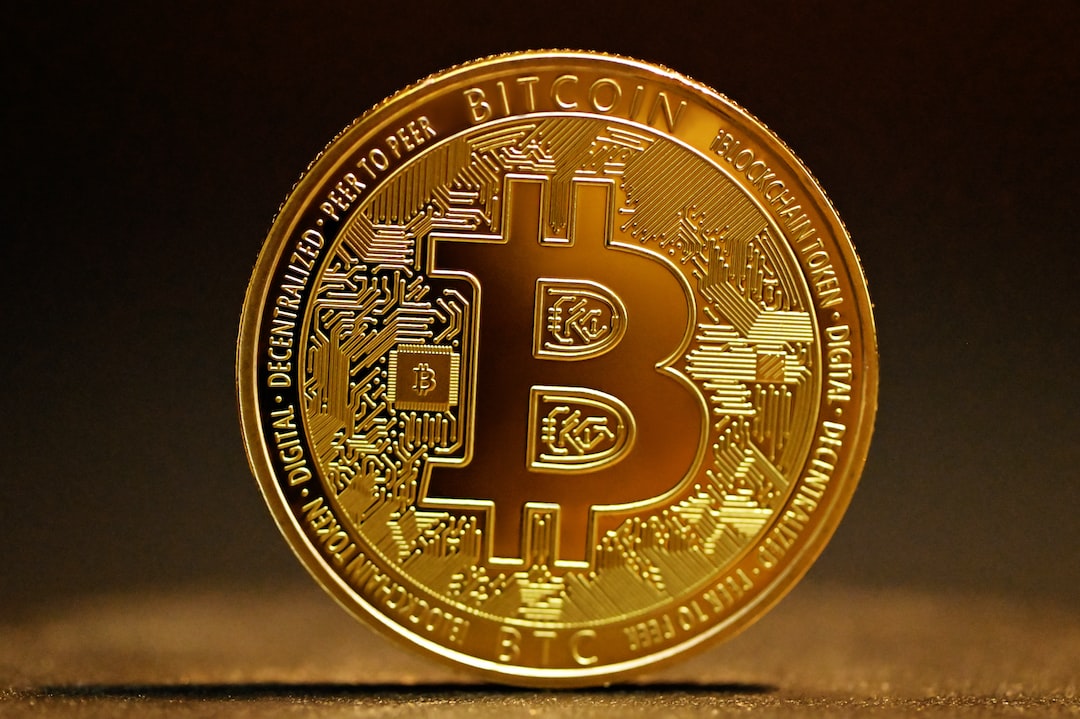Decentralized Finance: Impacting Real-World Issues
Decentralized finance (defi) is no longer limited to the digital realm. It is increasingly becoming a crucial player in addressing real-world issues such as buying homes and combating climate change.
While some may have reservations due to past defi hype, the evidence of its impact on our everyday lives is clear. And this impact is only expected to grow as innovators continue to implement defi solutions that benefit people.
One area where defi is making a difference is in the real estate market. With cryptocurrency tokens, investors can now purchase shares of existing homes and properties under construction. This opens up access to the market for a wider range of individuals who can invest smaller amounts.
Companies like RealT, Propy, and Homebase are leading the way in tokenizing real estate to make it more accessible. According to RWA, there are currently $31 million in active real estate loans that have been tokenized. RealT alone has tokenized over 390 houses worth more than $92 million since its launch in 2019.
The Potential of Tokenized Real Estate
Tokenization of real estate presents significant opportunities for both investors and property owners. By breaking down property ownership into smaller units through tokens, it becomes easier for investors to diversify their portfolios and participate in the real estate market with lower barriers to entry.
For property owners, tokenization offers new avenues for raising capital and increasing liquidity. Instead of relying solely on traditional financing options or selling the entire property, owners can sell fractional ownership through tokens, attracting a larger pool of potential buyers.
This shift towards tokenized real estate has the potential to revolutionize how we buy, sell, and invest in properties. It brings greater accessibility, transparency, and efficiency to the market.
Overcoming Challenges
While tokenized real estate holds immense promise, there are still challenges to overcome. Regulatory frameworks and legal considerations need to be developed to ensure investor protection and compliance.
Additionally, there is a need for robust security measures to protect digital assets and prevent fraud or hacking attempts. Building trust in the technology and addressing privacy concerns will also be crucial for wider adoption.
Despite these challenges, the momentum behind tokenized real estate is growing. More innovative platforms and projects are emerging, paving the way for a future where anyone can participate in the real estate market, regardless of their financial status.
Hot Take: Tokenization as a Catalyst for Financial Inclusion
Tokenization has the potential to revolutionize not only the real estate market but also financial systems as a whole. By breaking down assets into tradable tokens, it becomes possible to democratize access to investments that were previously reserved for a select few.
Through tokenization, individuals from all walks of life can now participate in markets that were once inaccessible due to high barriers such as capital requirements or geographical limitations.
This shift towards financial inclusion has the power to reshape economies and empower individuals by providing them with greater control over their financial futures. As defi continues to evolve and more industries embrace tokenization, we can expect a more inclusive and equitable financial landscape.
Source: Crypto.News





 By
By
 By
By
 By
By

 By
By
 By
By